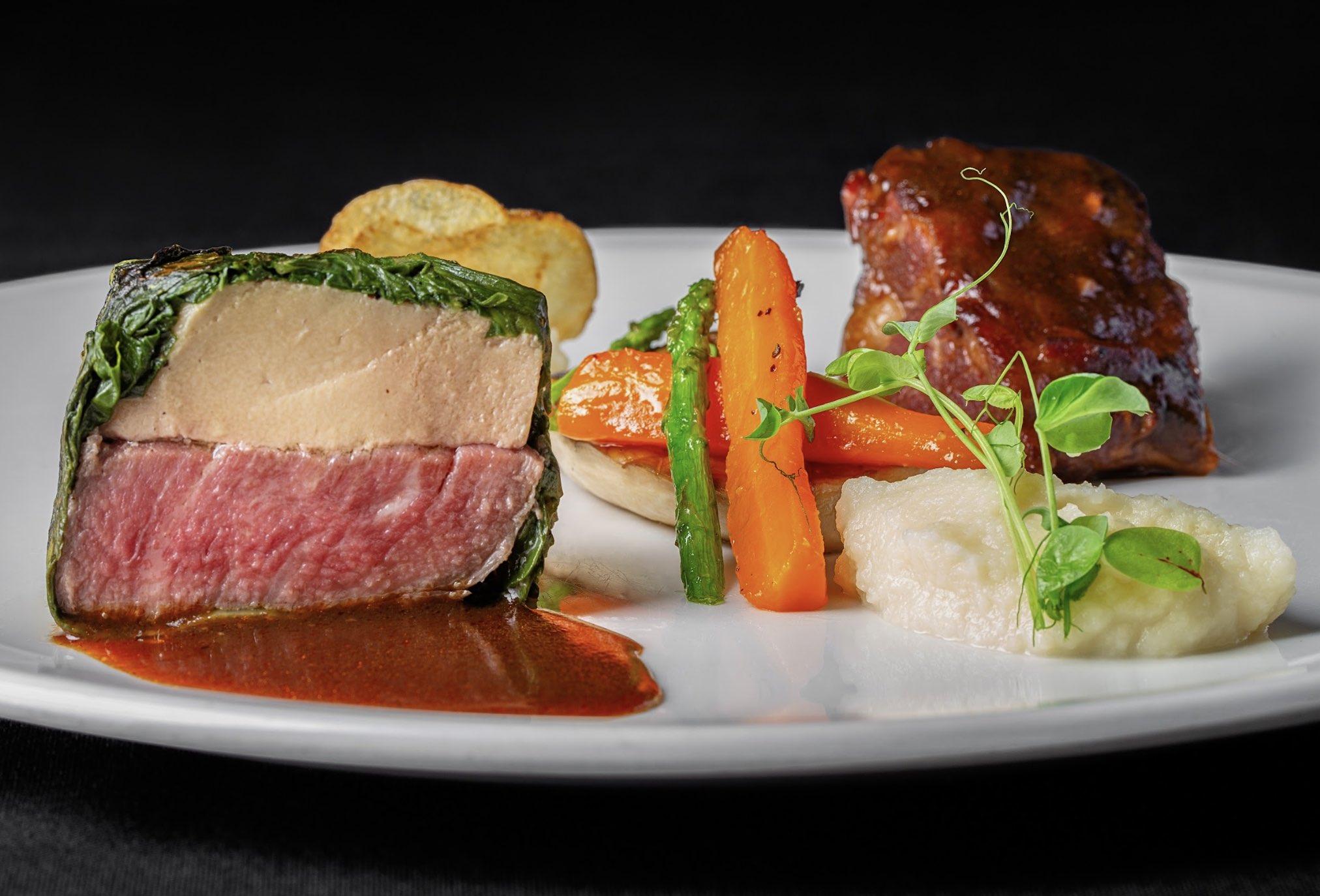
Upgrade to High-Speed Internet for only ₱1499/month!
Enjoy up to 100 Mbps fiber broadband, perfect for browsing, streaming, and gaming.
Visit Suniway.ph to learn
By HERMES JOY TUNAC, GMA Integrated News
Published April 9, 2025 7:45am
Everyone experiences food cravings, from the irresistible pull of something sweet like ice cream, chocolates, or a slice of cake to the savory crunch of golden potato chips or French fries.
Cravings are an intense desire for a specific type of food often tied to our emotions. Giving in to a food craving can bring a quick hit of joy, as well as higher energy intake and a higher lifetime body mass index.
But what really causes these cravings? And how often is it okay to indulge?
According to Bea Diestro, resident nutritionist at Marie France, food cravings are a natural part of healthy eating. They're not inherently bad but they can be triggered by imbalances in your eating patterns, especially if you're following a restrictive diet.
"One of the characteristics of a restrictive diet is omitting a food item, a food group, or skipping meals," Diestro told GMA News Online.
She echoes a 2020 study that said "selective food deprivation seems to indeed increase cravings for the avoided foods."
"When you don't fuel your body adequately, it can lead to cravings or a strong desire for a particular type of food," Diestro said.
What triggers food cravings other than diet?
According to Diestro, several factors influence cravings beyond dieting. These include your environment and even what you see on social media. Ever caught a whiff of sizzling Sisig and suddenly felt the need to eat, even if you weren't hungry? That's your senses picking up on the promise of pleasure.
"Cravings often hit you out of nowhere," she said.
"Even after satisfying your hunger, if you're still craving something specific, that thought can linger until you give in," she added.
In addition, a 2022 study found that higher screen time on social media "increases food cravings" and impulsivity due to food posts you see online and the thought of wanting to try trending dishes.
Meanwhile, for women, hormonal fluctuations during different life stages, such as menstruation, pregnancy, lactation, and menopause, can significantly influence cravings.
These cravings are the body's way of self-soothing or coping with physiological shifts.
"Somehow, foods high in sugar, fat, and sodium have the ability to comfort us," she said. “’Yung parang may yumayakap sa’yo."
Improve on these to manage food cravings
According to Diestro, addressing your body's need for hydration, quality sleep, and stress management through exercise can lessen unnecessary food cravings. Here are her important notes:
- Hydration. Staying hydrated is key. Women need about 2.5 liters of water daily, while men require around 3.5 liters. Failing to meet these needs can lead to unnecessary food cravings.
- Sleep Quality. Lack of sleep, especially less than six hours, can increase late-night cravings. The goal is to hit six to eight hours of quality sleep each night to help manage your appetite better.
- Stress and Physical Activity. Stress is a common trigger for emotional eating. Diestro recommends daily physical activity to release happy hormones instead of turning to food for comfort.
How to handle cravings mindfully
So what's the healthiest way to deal with cravings? Portion control, Diestro said.
"If you're craving pizza and normally eat four slices, try giving yourself just one," she suggested. "That way, you're acknowledging the craving without overindulging."
She emphasizes there's no need to feel guilty after giving in to a craving, especially for those trying to stick to a strict diet.
Instead, be mindful of your food choices in the meals that follow.
"Your next meal should have more fiber and ensure proper hydration," she said.
And instead of using the term "cheat day," Diestro encourages people to think about a "pleasure meal." This shifts the focus from restriction and guilt to mindful enjoyment. Plus, a pleasure meal is just one meal, not an entire day of overindulgence.
"When cravings become more frequent, just go back to portion control," she said.
Indulging in your food cravings doesn't mean you're failing at your health goals. Just remember, everything in moderation, and you're good to go. — LA, GMA Integrated News

 2 months ago
20
2 months ago
20



